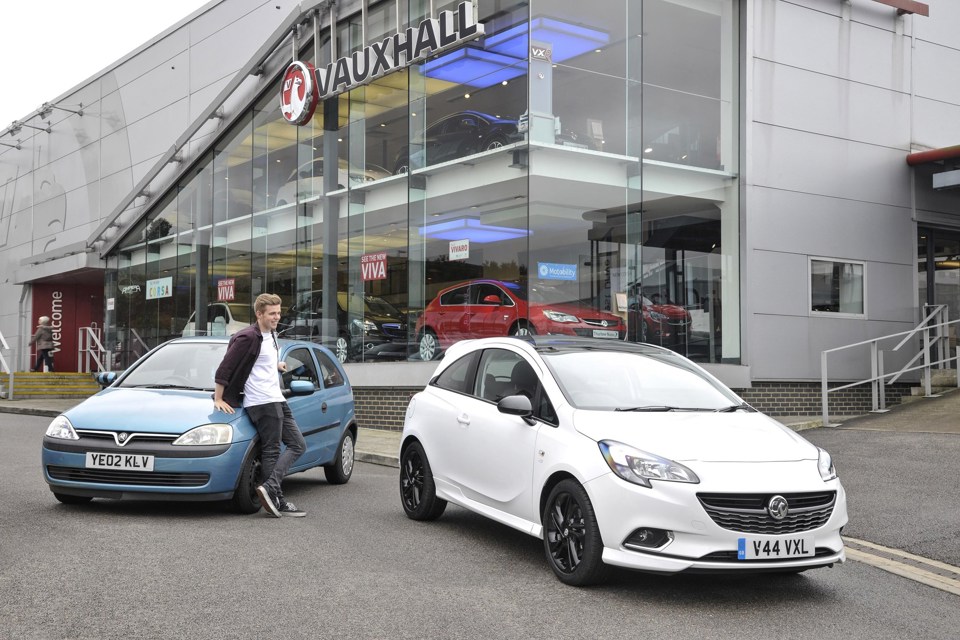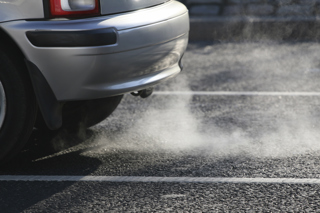Vauxhall has rid UK roads of 20,000 higher-emitting older vehicles as part of the £2,000 scrappage scheme it launched back in 2015.
The Luton-based manufacturer’s offer gives motorists money off most of its range in return for scrapping their old car, with the trade-in vehicles handed to recycling partner Autogreen for scrapping.
Vauxhall’s scheme was first launched in 2015 and returned – for a limited period – in 2016 and in May this year with the offer running “until stocks last” on all vehicles bought and registered by the end of September, according to a statement.
Vauxhall said that any car registered to its current owner for 90 days or more was eligible for the payment, adding that vehicles from other brands had accounted for 63% of the vehicles traded-in.
“While rivals are now trying to catch up with our scrappage scheme, Vauxhall has already surpassed the 20,000 vehicle milestone, with over 5,000 of those in 2017,” said Leon Caruso, Vauxhall’s retail sales director.
“Scrappage has been a tremendous success for us and our customers. Not only can buyers potentially swap their older, often higher polluting car for a cleaner, more efficient brand new Vauxhall, but they can also use scrappage in conjunction with some of Vauxhall’s other great finance offers.”
As part of the scheme, vehicles must be traded in and scrapped in order to be eligible for the allowance.
However, Vauxhall’s scrappage programme is not designed to rid the world of classic cars. As a result, Autogreen, Vauxhall’s recycling partner, will identify any cars manufactured prior to 1991 that are presented through the scheme and inform Vauxhall’s Luton HQ.
Relevant owners’ clubs will then be notified, giving them the opportunity to purchase potentially scarce parts through the Authorised Treatment Facility.
Simon Hucknall, PR manager for Vauxhall product and heritage, said: “Vauxhall has immense respect for the UK’s classic car groups, irrespective of what make or model they support.
“The Scrappage Allowance is designed to capture vehicles that are beyond economic repair and given the low value of scrap metal, recycling of parts is vital to the scheme’s viability.
“We’re also confident that the number of genuine classics over 25-years-old presented to the scheme will be minimal, especially given the steady rise in value of even the most mainstream collectors’ cars in recent years.
“But if we do see any, our ‘safety-net’ will ensure that classic car owners and clubs will benefit.”


















Login to comment
Comments
No comments have been made yet.